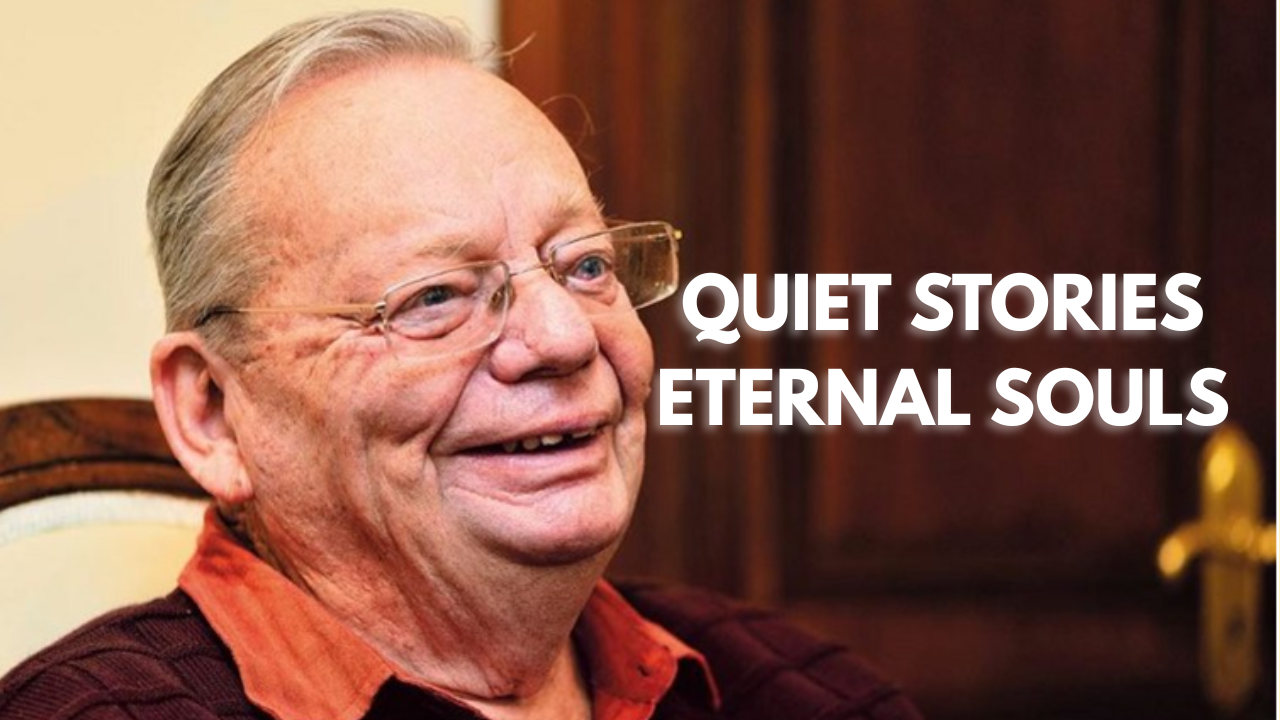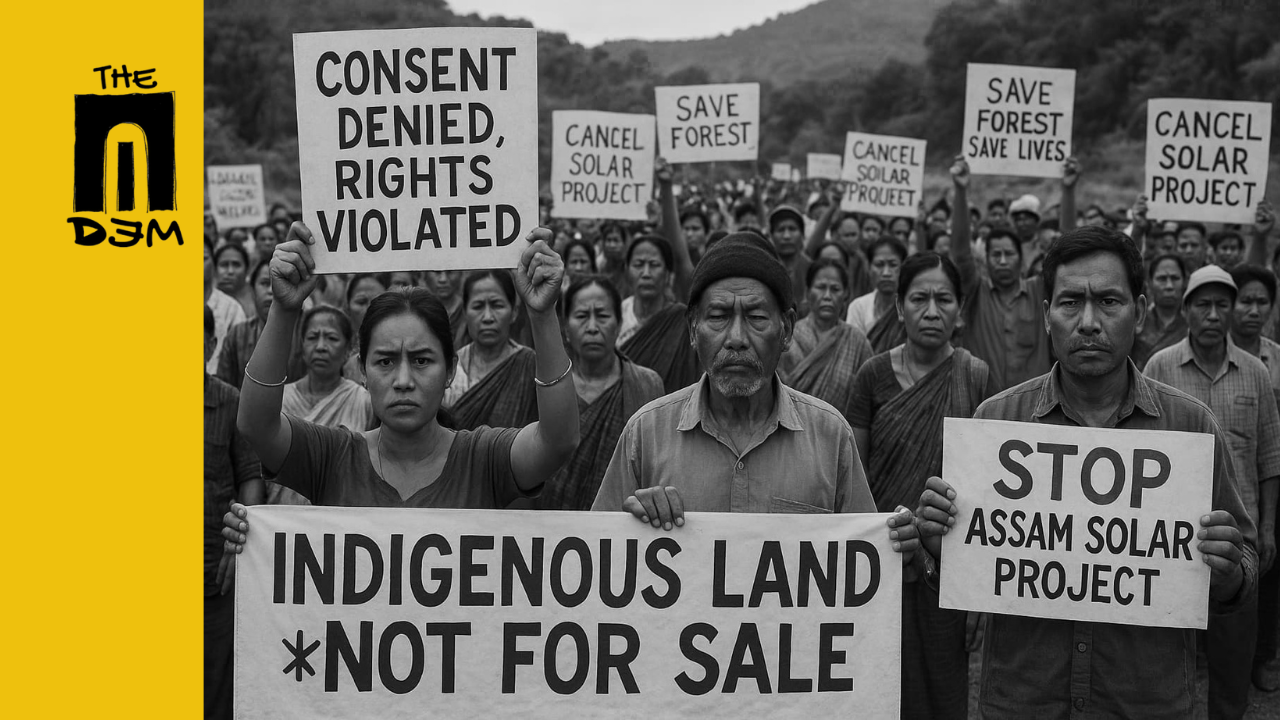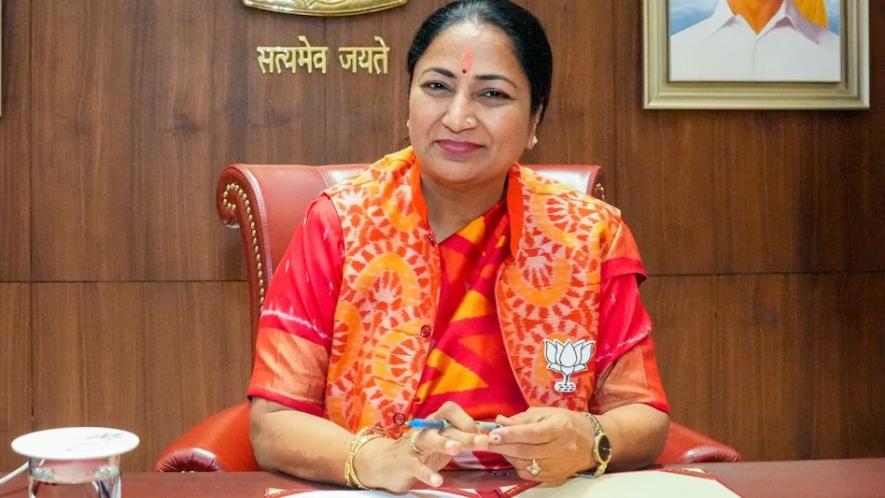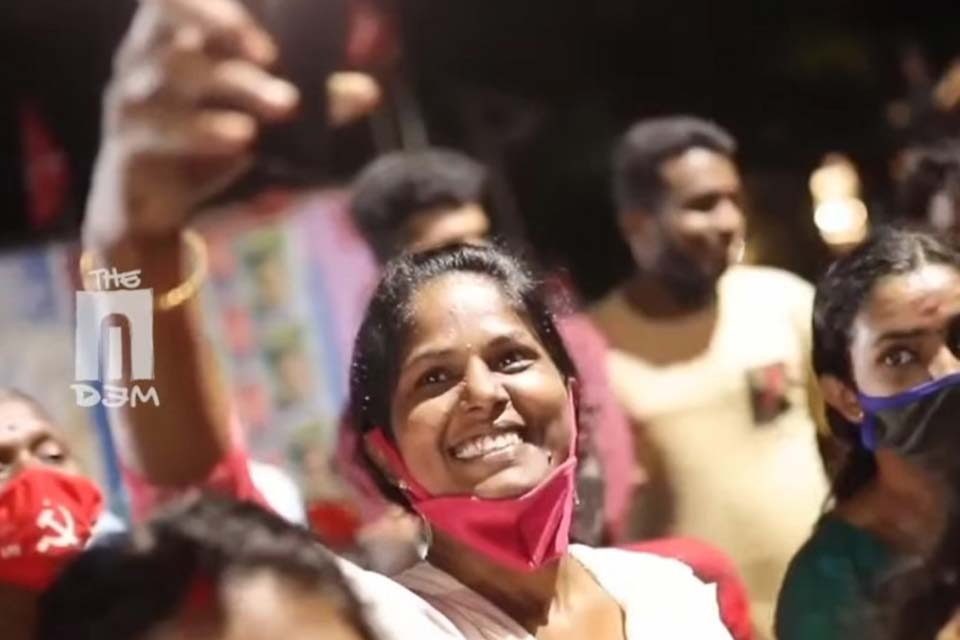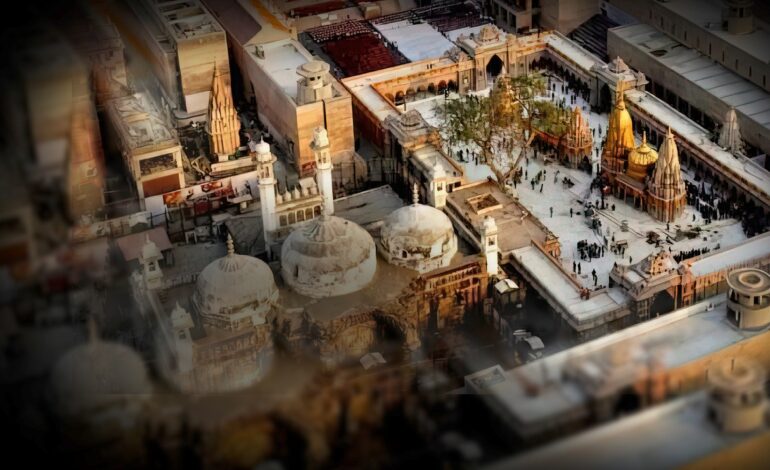
On 12 September 2022, Varanasi District Court dismissed the challenge raised by Anjuman Intezamia Masjid Committee against the civil suits filed by five women affiliated to Vishwa Vedic Sanatan Sangh. The court also accepted the petition filed by the women who sought permission to worship at the Gyanvapi premises. Hearing on this petition will begin on 22 September. The AIDEM has prepared a timeline leading up to this court order:
1991: Devotess in the name of the deity ‘Swayambhu Lord Vishweshwar’ filed the first case claiming that the Gyanvapi mosque was built at the site of a temple that was demolished in 1664 by Mughal emperor Aurangzeb. They argued that the Places of Worship (Special Provisions) Act, 1991, hence didn’t apply to the mosque as it was allegedly built on the remnants of the old Visweshwar temple.
1998: The management of the Gyanvapi Mosque, Anjuman Intezamia Masjid Committee, filed a counter-application in the court. They demanded the rejection of the suit on the ground that it is barred by provisions of the Places of Worship (Special Provisions) Act, 1991.
2019: Advocate Vijay Shankar Rastogi filed a plea in Varanasi district court representing Swayambhu Jyotirlinga Bhagwan Vishweshwar demanding an archaeological survey of the entire Gyanvapi Mosque complex by Archaeological Survey of India. This plea was filed a month after Supreme Court’s verdict on the Babri Masjid-Ramjanmabhoomi case.
2020: Anjuman Intezamia Masjid Committee filed a petition against the survey. In 2020, they approached the lower court with a petition requesting to resume the hearing as the Allahabad High Court had not extended the stay on the survey.
2021: In April, the Varanasi court ordered the Archaeological Survey of India to conduct the survey and submit to the court their findings. the Anjuman Intezamia Masjid Committee along with the Uttar Pradesh Sunni Central Waqf Board opposed this. The case then reached the Allahabad High Court. High Court granted an interim stay on the survey after hearing all parties concerned.
18 April 2021: Five women affiliated to Vishwa Vedic Sanatan Sangh filed a petition in the Varanasi Civil Court seeking permission to worship at the Gyanvapi Complex.
26 April 2022: Ravi Kumar Diwakar, Civil Judge (Senior Division) of Varanasi, ordered for a video graphic survey of the Shringar Gauri temple in the Kashi Vishwanath-Gyanvapi complex and the premises.
6 May 2022: Video graphic survey had to be stopped midway as a group of advocates were denied entry into the Gyanvapi Mosque premises.
12 May 2022: Civil Court informed that the survey will resume. Court ordered this survey to be completed and submitted to the court by 17 May. The petitioners argued that they found a shivling in a pond in the Gyanvapi Mosque complex when they dried out the pond. Anjuman Intezamia Masjid Committee later contested this by claiming that it was part of the fountain.
13 May 2022: Anjuman Intezamia Masjid Committee presented its challenges to the video graphic survey before the Supreme Court. It requested a stay of the proceedings at the Varanasi Civil Court. Supreme Court did not order a stay, however, they decided to list it in a bench led by Justice D Y Chandrachud.
16 May 2022: Varanasi Court asked the District Magistrate to seal off the contested pond.
17 May 2022: Justice Chandrachud and Justice P.S. Narasimha began hearing the case.
20 May 2022: Supreme Court transferred the case to Varanasi District Judge.
24 August 2022: District Judge A K Vishvesh reserved his order until 12 September after hearing arguments from both sides.
12 September 2022: Varanasi District Court dismissed the challenge raised by Anjuman Intezamia Masjid Committee against the civil suits filed. The Court rejected the counter petition filed against the petition filed demanding the mosque should be discharged from the Places of Worship (Special Provisions) Act, 1991. The court also accepted the petition filed by the women who sought permission to worship at the Gyanvapi premises.



